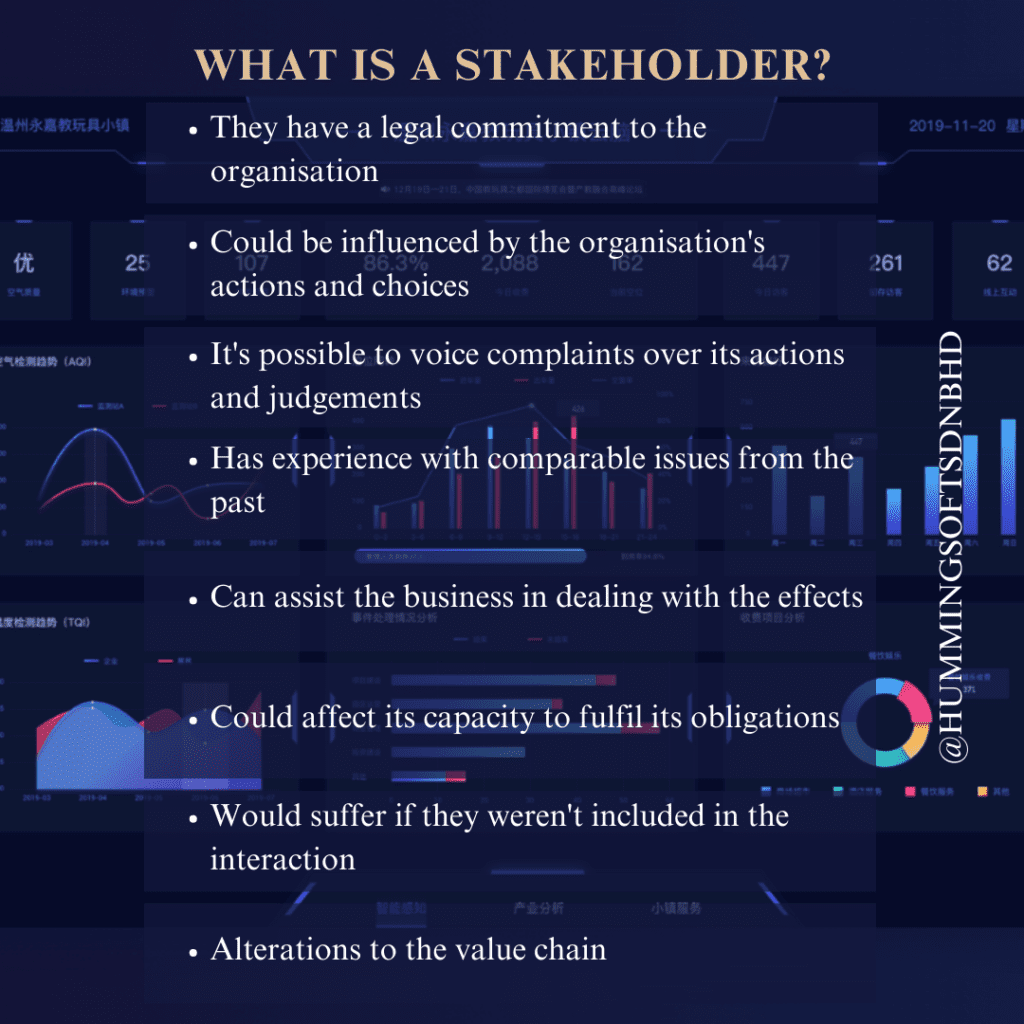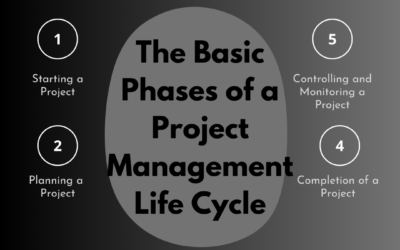
Every firm must effectively manage stakeholder interests because powerful stakeholders can significantly affect a company’s ability to conduct business. It takes time and effort to build a successful stakeholder management plan. In this post, we define stakeholders and provide some steps you may take to develop a strategy for managing the interests of your own stakeholders.
Every person or organisation with an interest in a business, its choices, or its operations is considered a stakeholder. Investors, clients, suppliers, and employees often comprise the stakeholder population. Yet, a community, business, or government may also be considered a stakeholder. Someone who satisfies one of these requirements is regarded as a stakeholder:
- They have a legal commitment to the organisation
- Could be influenced by the organisation’s actions and choices
- It’s possible to voice complaints over its actions and judgements.
- Has experience with comparable issues from the past
- Can assist the business in dealing with the effects
- Could affect its capacity to fulfil its obligations
- Would suffer if they weren’t included in the interaction
- Alterations to the value chain




